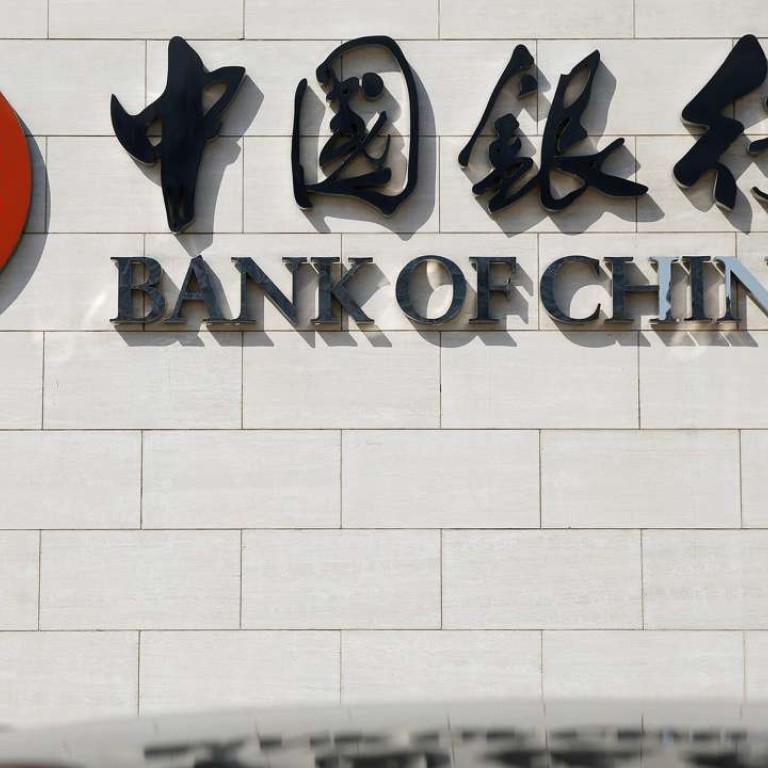
Rising leverage may spell trouble for mainland China banks
Most analysts say non performing loans shouldn’t necessitate recapitalisation of China’s banking sector – yet
Chinese bank shares have fallen this year partly due to concerns about non performing loans, but while this will inevitably cause problems for lenders, analysts believe a major recapitalisation of the sector won’t be necessary.
Since the start of 2016, shares in Bank of China have fallen by 9.25 per cent, those in Agricultural Bank of China by 9.46 per cent and ICBC by 8.55 per cent.
“I think the banks’ share prices reflect concerns about asset quality,” said Louis Tse, director at VC Brokerage. Tse said that although there had been a rally in the last week, it was “mostly to do with investors wanting to get the dividends” that the banks will offer.
“The non performing loan problem is growing at a fast pace, but at this point in time we don’t anticipate a full scale crisis,” said Qiang Liao, senior director of financial institutions at ratings agency Standard and Poor’s.
“We can take comfort in that the earnings of the banking sector are quite good and they still have healthy profits, so should be able to withstand the pressure,” he said.
Nonetheless, concerns about a major crisis in China’s banking sector are growing. Nine of 15 respondents in a Bloomberg survey conducted at the end of June predicted a government-funded recapitalisation will take place within two years.
What counts as recapitalisation varies. “Some action has already been taken when it comes to the high risk sectors, such as local government financial platform borrowing, which accounts for about 20 per cent of lending on banks’ books. Here, the government already effectively bailed out borrowers,” Liao said.
China’s banking sector as a whole should not need recapitalisation, though some individual banks might
Whether a bail out is required depends in part on the ratio of non performing loans to banks’ total lending. Unfortunately, estimates for the NPL ratio vary widely. At the end of the first quarter of 2016, the China Banking Regulatory Commission put it at 1.75 per cent, the highest rating since 2009. However, most other estimates are far higher, such as the report produced by JP Morgan which put the NPL ratio at 8 per cent, though pointed out that Chinese banks had already written off bad debts of about 1 per cent.
“If we are right in our estimates, then China’s banking sector as a whole should not need recapitalisation, though some individual banks might,” said Katherine Lei, head of Greater China banks research at JP Morgan and one of the author’s of the report. “Two things could change this though; firstly a ‘black swan’ event, and secondly an increase in the amount of leverage.” A “black swan” is an event that goes far beyond what is normally expected, and is very difficult to predict.
“What is important is reform,” said Lei. “Leverage can go up or down, and if the authorities can deal with issues in over capacity sectors and zombie companies, then the risk of a crisis will diminish.”
George Geh, the managing director of Alix Partners in Shanghai, warned that there were other considerations beyond the economic ones. “If they dealt with all the zombie companies at the same time, I think the shock to social stability would be too severe. The Chinese authorities have the ultimate objective of remaining in power, which means maintaining social stability,” he said.

